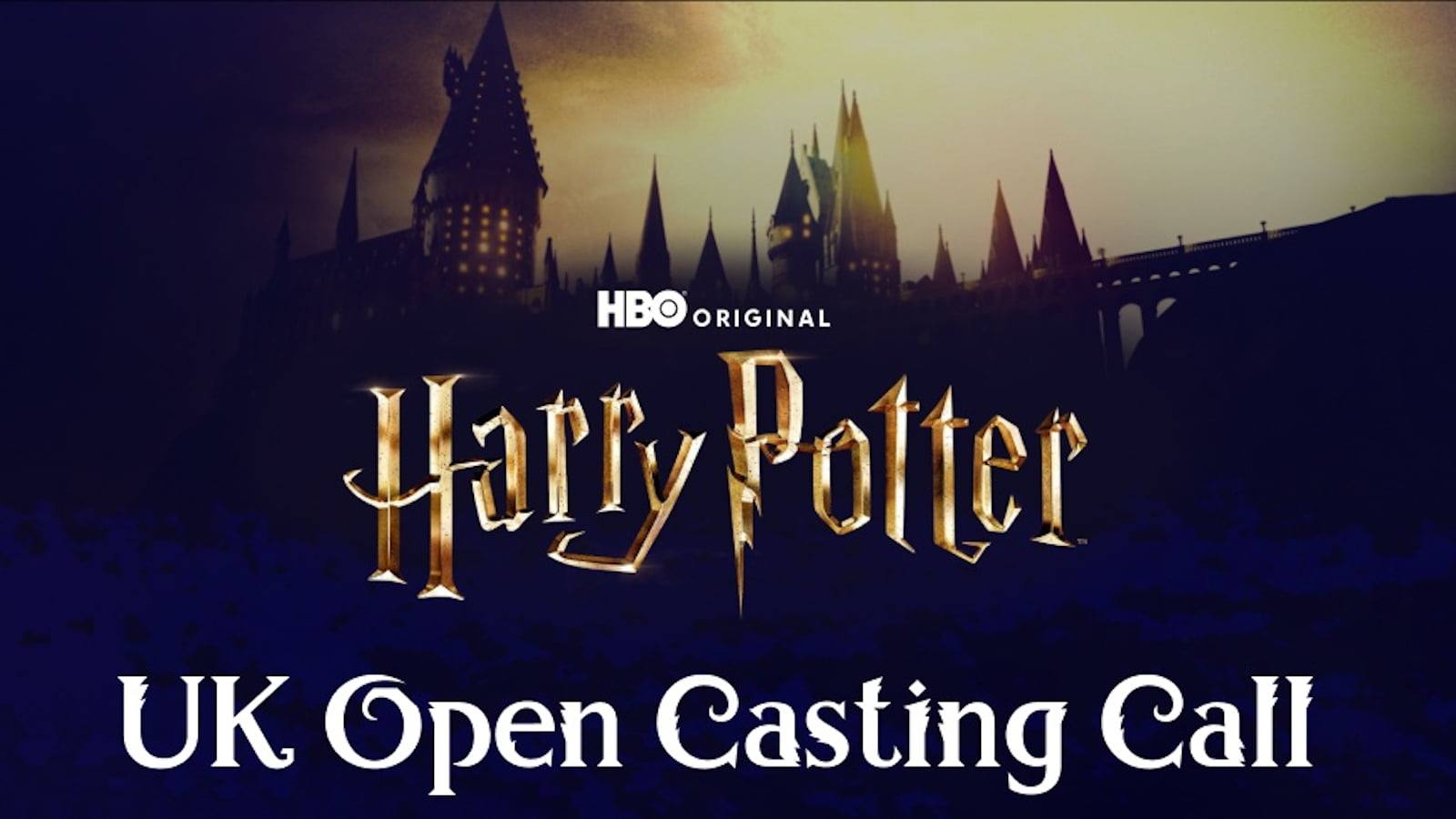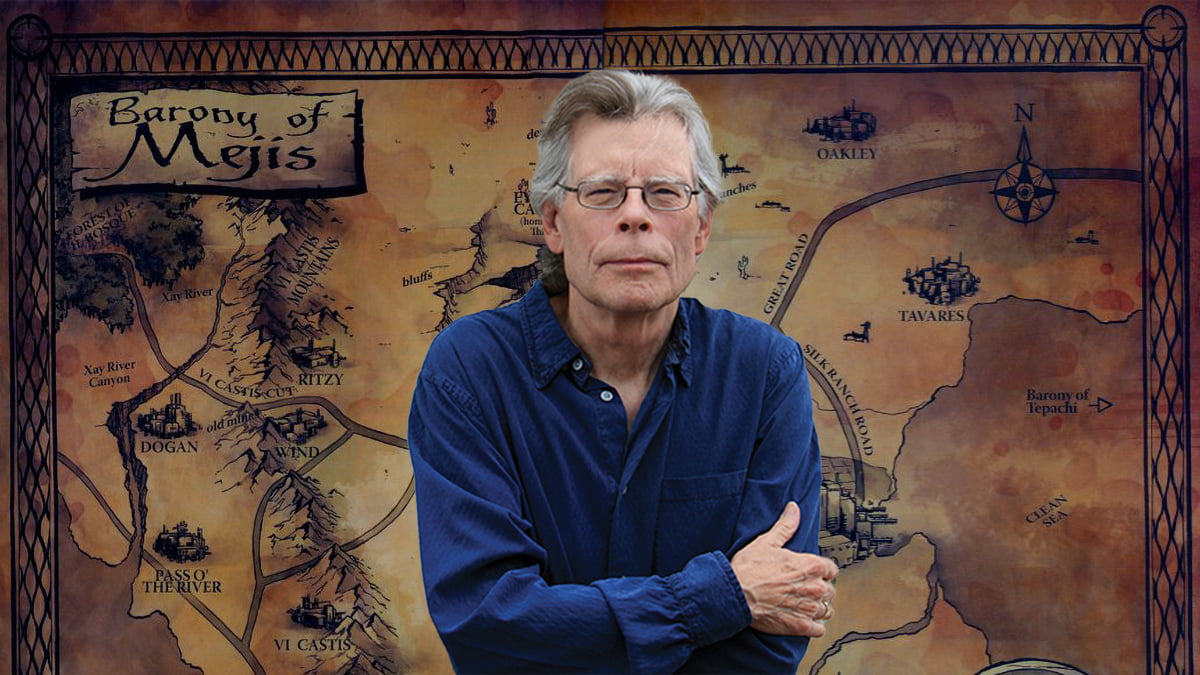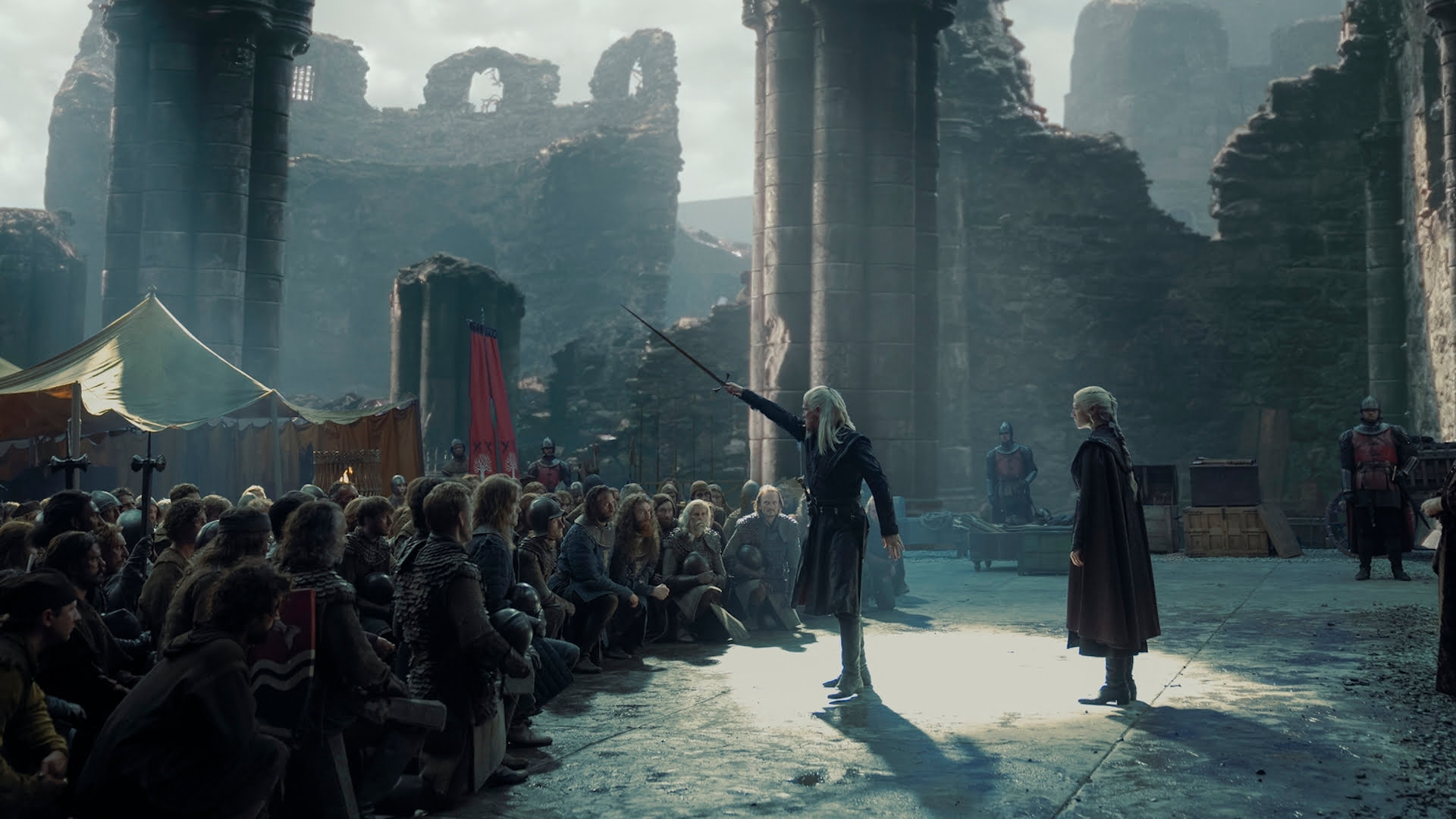Today on her official web site, J.K. Rowling has posted an answer to a question posted by fans, and the answer and the information that J.K. has imparted today has important implications to the mystery of Harry Potter and what happens in the next book, Harry Potter and the Half-Blood Prince, and beyond.
From the FAQ page of the official J.K. Rowling web site:
What is the significance of Neville being the other boy to whom the prophecy might have referred?
Finally, I am answering the poll question! I am sorry it has taken so long, but let me start by saying how glad I am that this was the question that received the most votes, because this was the one that I most wanted to answer. Some of you might not like what I am going to say — but I’ll address that issue at the end of my response!
To recap: Neville was born on the 30th of July, the day before Harry, so he too was born ‘as the seventh month dies’. His parents, who were both famous Aurors, had ‘thrice defied’ Voldemort, just as Lily and James had. Voldemort was therefore presented with the choice of two baby boys to whom the prophecy might apply. However, he did not entirely realise what the implications of attacking them might be, because he had not heard the entire prophecy. As Dumbledore says:
‘He [the eavesdropper] only heard the beginning, the part foretelling the birth of a boy in July to parents who had thrice defied Voldemort. Consequently, he could not warn his master that to attack you would be to risk transferring power to you.’
In effect, the prophecy gave Voldemort the choice of two candidates for his possible nemesis. In choosing which boy to murder, he was also (without realising it) choosing which boy to anoint as the Chosen One — to give him tools no other wizard possessed — the scar and the ability it conferred, a magical window into Voldemort’s mind.
So what would have happened if Voldemort had decided that the pure-blood, not the half-blood, was the bigger threat? What would have happened if he had attacked Neville instead? Harry wonders this during the course of ‘Half-Blood Prince’ and concludes, rightly, that the answer hinges on whether or not one of Neville’s parents would have been able, or prepared, to die for their son in the way that Lily died for Harry. If they hadn’t, Neville would have been killed outright. Had Frank or Alice thrown themselves in front of Neville, however, the killing curse would have rebounded just as it did in Harry’s case, and Neville would have been the one who survived with the lightning scar. What would this have meant? Would a Neville bearing the lightning scar have been as successful at evading Voldemort as Harry has been? Would Neville have had the qualities that have enabled Harry to remain strong and sane throughout all of his many ordeals? Although Dumbledore does not say as much, he does not believe so: he believes Voldemort did indeed choose the boy most likely to be able to topple him, for Harry’s survival has not depended wholly or even mainly upon his scar.
So where does this leave Neville, the boy who was so nearly King? Well, it does not give him either hidden powers or a mysterious destiny. He remains a ‘normal’ wizarding boy, albeit one with a past, in its way, as tragic as Harry’s. As you saw in ‘Order of the Phoenix,’ however, Neville is not without his own latent strengths. It remains to be seen how he will feel if he ever finds out how close he came to being the Chosen One.
Some of you, who have been convinced that the prophecy marked Neville, in some mystical fashion, for a fate intertwined with Harry’s, may find this answer rather dull. Yet I was making what I felt was a significant point about Harry and Voldemort, and about prophecies themselves, in showing Neville as the also-ran. If neither boy was ‘pre-ordained’ before Voldemort’s attack to become his possible vanquisher, then the prophecy (like the one the witches make to Macbeth, if anyone has read the play of the same name) becomes the catalyst for a situation that would never have occurred if it had not been made. Harry is propelled into a terrifying position he might never have sought, while Neville remains the tantalising ‘might-have-been’. Destiny is a name often given in retrospect to choices that had dramatic consequences.
Of course, none of this should be taken to mean that Neville does not have a significant part to play in the last two novels, or the fight against Voldemort. As for the prophecy itself, it remains ambiguous, not only to readers, but to my characters. Prophecies (think of Nostradamus!) are usually open to many different interpretations. That is both their strength and their weakness.






